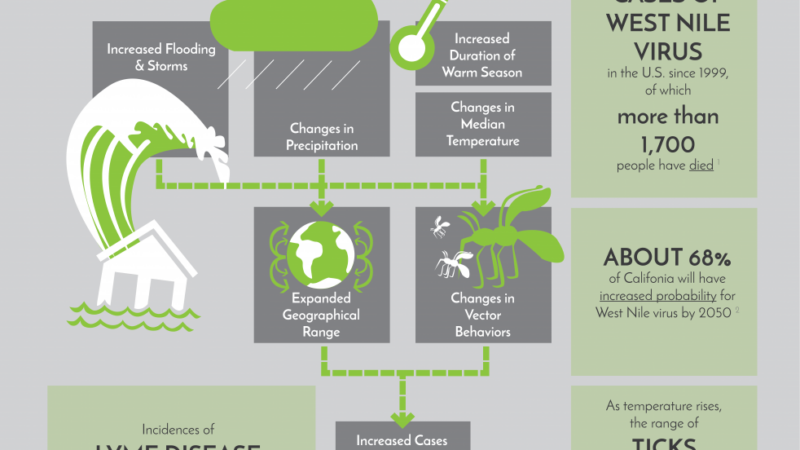black fly
Vector-borne Diseases & Climate Change
Climate change creates new risks, particularly in the United States, for human exposure to vector-borne diseases (VBDs) — diseases which are transmitted to humans through the bites of insects (referred to as vectors) that carry the disease-causing pathogens. Common vectors include mosquitoes, ticks, and flies.
Climate change creates new uncertainties about the spread of VBDs such as the Zika virus, dengue fever, malaria, and Lyme disease by altering conditions that affect the development and dynamics of the disease vectors and the pathogens they carry.
Silencing River Blindness – a Legendary Story of Public Health Triumph
As the world marshals its collective resources in the fight against COVID-19, an often forgotten major Public Health accomplishment achieved through an intense global Public-Private …
Biological Control of Mosquitoes and Biting Flies Improves Quality of Life for First Nations Community
Many remote Aboriginal communities in Canada have few amenities, but with the recent settlement of land claims and the management of Native-owned natural resources, some …

